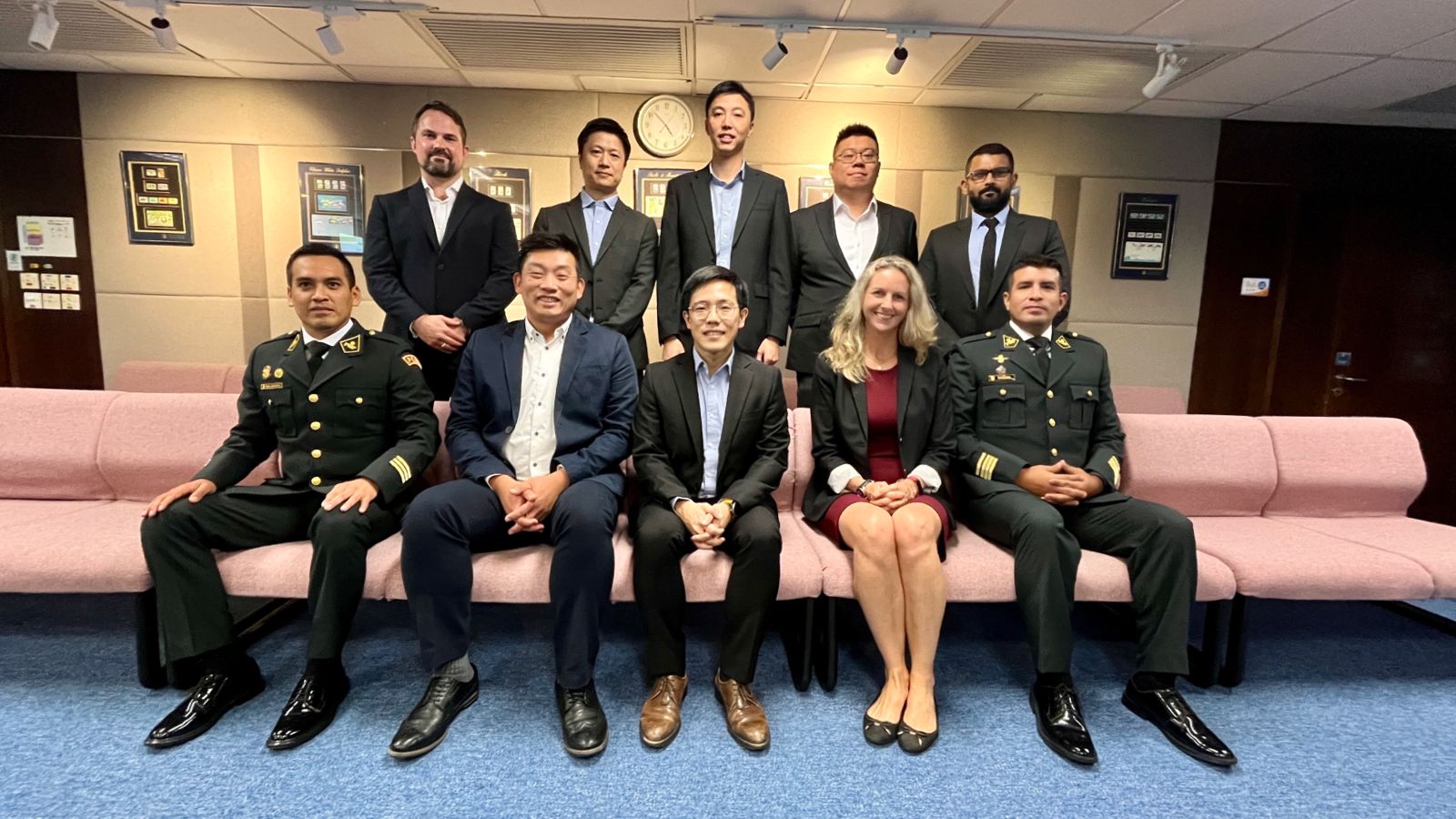Strengthening Global Partnerships on Wildlife Crime: Highlights and Insights from the WIRE Case-Coordination Meeting to Address Transcontinental Wildlife Trafficking
Hong Kong, February, 2024.- In a concerted effort to address the escalating threat of transnational wildlife trafficking, a pivotal Case-Work Coordination Meeting was convened on February, 2024, in Hong Kong. The UNODC Environment team from Latin America and the Caribbean in collaboration with the Wildlife Justice Commission (WJC) provided technical and coordination assistance to jointly address cases of transnational wildlife trafficking from South America to Asia.
The initiative, made possible as part of the ECOS Project a joint effort between the U.S. Agency for International Development (USAID) and UNODC, saw the convergence of experts and stakeholders from Peru and Hong Kong to jointly analyze and develop a case originating from South America for the first time. Authorities participating included the Peruvian National Police (PNP), Customs (Intelligence Bureau and Syndicate Crimes Investigation Bureau), and the Agriculture, Fisheries, and Conservation Department (AFCD) of Hong Kong. These collaborative efforts stem from the outcomes arising from the seventh iteration of the Wildlife Inter-Regional Enforcement meeting (WIRE) held in 2023 in Abu Dhabi, signaling a significant step towards stronger international coordination in combating wildlife trafficking.
The meeting focused on tackling the illegal trade of CITES-listed species, notably Amazon River turtles and shark fins, which traverse continents and threaten biodiversity on a global scale. These discussions were particularly timely given the complexities of the illicit wildlife trade involving intricate networks and smuggling routes and the extent to which detections and seizures are being made between origin, transport and destination countries in these regions.
The Case-Coordination meeting aimed to strengthen international cooperation and joint-work through coordinated case work and information exchange. The continuous process involved the provision of technical expertise and intelligence to examine wildlife trafficking schemes. The collaborative efforts aimed at enhancing knowledge and awareness among participating agencies, including law enforcement agencies, customs officials, and conservation specialists.
The meeting's tangible outcomes included the sharing of seizure information between Hong Kong and Peru, signaling a commitment for improved communication and joint operational strategies. Continued technical assistance and support were pledged to both Peruvian and Hong Kong authorities, focusing on case coordination and operational opportunities through training and specialized tools both at the national and international levels.
This collaborative initiative between the Peruvian Environmental Police and Hong Kong authorities represents a significant achievement in combating wildlife trafficking, highlighting the importance of international cooperation and case-coordination support. This collaboration aims for the sharing of critical information and defining of key lines of technical assistance and joint work for continued case coordination and operational efforts. The meeting will strengthen partnerships amongst national and international agencies, emphasizing the collective commitment to addressing wildlife crime effectively on a global scale.
Moving forward, progress reviews, joint work opportunities, and ongoing technical support are poised to further strengthen the effectiveness of international efforts against wildlife trafficking and other crimes that affect the environment. The collaborative framework established during the meeting serves as a blueprint for future engagements, highlighting the critical role of partnerships in combating wildlife crime globally.
About WIRE:
The WIRE model was designed in 2016 in response to the need for intensified cooperation in the investigation of transnational criminal networks. These meetings are led by UNODC and provide specialized platforms for investigators, prosecutors and other practitioners to combat wildlife crimes through the tools of criminal justice. WIRE meetings aim to address the intricacies of international cooperation by promoting informal networks and facilitate communication among criminal justice practitioners in Africa and Asia, and Latin America.
 |
 |
